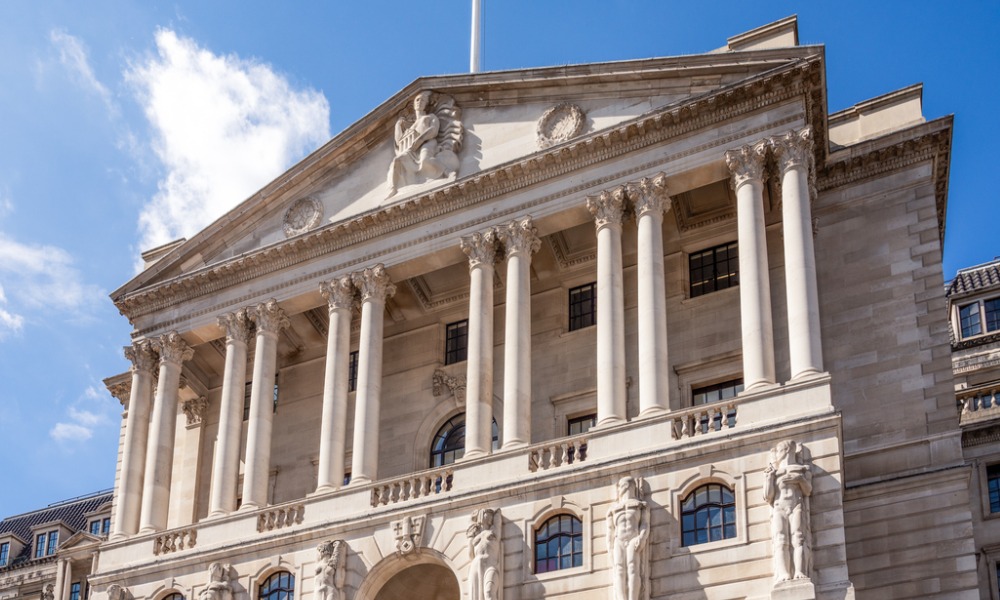We may all want more BoE interest rate cuts – but not so quickly says rate setter

A Bank of England policymaker has stressed that interest rates must remain elevated for an extended period to address the ongoing risks to inflation in the UK. Catherine Mann, the global chief economist at citigroup, and a member of the Bank’s Monetary Policy Committee (MPC), voiced concerns that inflation could stay above the central bank’s 2% target due to persistent factors in the economy.
Mann’s comments come shortly after the Bank decided to keep the base interest rate steady at 5%, following last month’s reduction from 5.25%, the first cut since the Covid-19 pandemic began. While Governor Andrew Bailey warned that it’s "vital that inflation stays low" and urged caution in reducing rates too quickly, Mann took a more assertive stance on the need for continued restraint in monetary policy.
As one of the more hawkish members of the MPC, Mann advocates for tighter monetary controls, particularly in light of rising inflation within the services sector. Speaking at a conference in Lithuania, she explained her concerns: “To summarise, I am concerned that structural factors underpin an unsustainable path for the UK economy with embedded and sticky services inflation to render inflation above-target for longer and, yet at the same time, stagnant real activity.”
Mann pointed out the potential for "upside risks to overall inflation" in the UK economy, suggesting that inflationary pressures may persist longer than expected. Her stance contrasts with other members of the MPC who are more open to easing rates.
Read more: Rates set to hit 2.75% says major lender
Mann’s decision to vote in favour of holding rates at 5% stemmed from her view of continued consumer weakness, particularly among middle-income households, who are being disproportionately impacted by rising housing costs, including higher rents and mortgage payments. “There is a further accumulation of evidence of consumer weakness across products and particularly middle-income deciles, as housing costs are a larger fraction of their consumption basket,” she explained.
Although she considered advocating for a rate cut in August due to the growing burden of housing costs, Mann ultimately voted to keep rates steady. Her decision was driven by concerns that inflation could remain above the Bank's target, reinforcing her belief that restrictive policy must continue: “Policy therefore needs to remain restrictive for longer to purge these behaviours,” she concluded
Andrew Bailey commented in an interview published earlier today that while inflation has significantly fallen—from over 11% in autumn 2022 to 2.2% in August 2024—it still needs to stabilise further before rates can be reduced.
Bailey expressed optimism, stating that inflation's downward trajectory is encouraging: “We still have to get it sustainably at the target and we have quite an unbalanced mix of components of inflation at the moment. But I’m very encouraged that the path is downwards, therefore I do think the path for interest rates will be downwards, gradually.”
However, Bailey was cautious about expectations for interest rates to return to the ultra-low levels seen during the pandemic, when rates were as low as 0.1%. He explained that those low rates were a result of extraordinary shocks to the economy, such as the financial crisis and the COVID-19 pandemic, and are unlikely to be repeated. “My answer is I would not expect that because what caused interest rates to go that way... were two very big shocks to the economy,” he said.
Looking ahead, markets predict that interest rates could fall to 4.5% by the end of 2024 and potentially reach 3.5% or lower by the end of 2025. These predictions are based on expectations that inflation will continue to decline, allowing for a gradual easing of borrowing costs.



